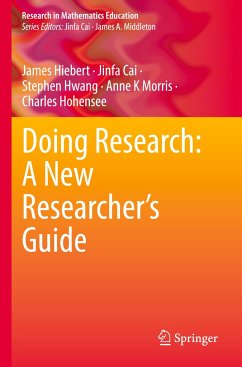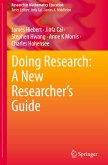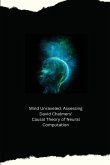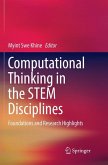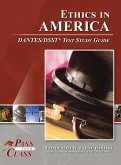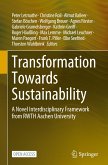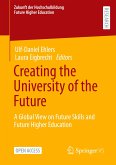This book is about scientific inquiry. Designed for early and mid-career researchers, it is a practical manual for conducting and communicating high-quality research in (mathematics) education. Based on the authors' extensive experience as researchers, as mentors, and as members of the editorial team for the Journal for Research in Mathematics Education (JRME), this book directly speaks to researchers and their communities about each phase of the process for conceptualizing, conducting, and communicating high-quality research in (mathematics) education.
In the late 2010s, both JRME and Educational Studies in Mathematics celebrated 50 years of publishing high-quality research in mathematics education. Many advances in the field have occurred since the establishment of these journals, and these anniversaries marked a milestone in research in mathematics education. Indeed, fifty years represents a small step for human history but a giant leap for mathematics education. The educational research community in general (and the mathematics education community in particular) has strongly advocated for original research, placing great emphasis on building knowledge and capacity in the field. Because it is an interdisciplinary field, mathematics education has integrated means and methods for scientific inquiry from multiple disciplines. Now that the field is gaining maturity, it is a good time to take a step back and systematically consider how mathematics education researchers can engage in significant, impactful scientific inquiry.
In the late 2010s, both JRME and Educational Studies in Mathematics celebrated 50 years of publishing high-quality research in mathematics education. Many advances in the field have occurred since the establishment of these journals, and these anniversaries marked a milestone in research in mathematics education. Indeed, fifty years represents a small step for human history but a giant leap for mathematics education. The educational research community in general (and the mathematics education community in particular) has strongly advocated for original research, placing great emphasis on building knowledge and capacity in the field. Because it is an interdisciplinary field, mathematics education has integrated means and methods for scientific inquiry from multiple disciplines. Now that the field is gaining maturity, it is a good time to take a step back and systematically consider how mathematics education researchers can engage in significant, impactful scientific inquiry.
"This book is specifically designed for novice researchers and provides valuable tips that are easy to comprehend and apply at any stage of the academic research journey. One of the main advantages of this book is it allows readers to see through editors' eyes. ... these insights can save researchers valuable time by providing a clear understanding of what editors and journal referees are looking for in submitted papers. Even experienced researchers may find some tips helpful ... ." (Salah A. M. Ahmed, Educational Studies in Mathematics, Vol. 114 (1), 2023)
"This slim 133-page, conversational, easy-to-read, practical volume is intended for new mathematics education researchers, whether these be graduate students, post-doctoral fellows, or faculty beginning to conduct research in mathematics education. ... each chapter has many subsections labeled as parts. ... It contains exercises to engage readers as they work their way through the book." (Annie Selden, MAA Reviews, May 16, 2023)
"This slim 133-page, conversational, easy-to-read, practical volume is intended for new mathematics education researchers, whether these be graduate students, post-doctoral fellows, or faculty beginning to conduct research in mathematics education. ... each chapter has many subsections labeled as parts. ... It contains exercises to engage readers as they work their way through the book." (Annie Selden, MAA Reviews, May 16, 2023)

